Learn more about !
Is THCA Legal in Kansas 2025?

Is THCA Legal in Kansas? The legal status of cannabinoids can be a confusing puzzle—and that’s especially true when it comes to THCA. At first glance, this non-intoxicating compound looks like a legal loophole. But when you ask the big question—“Is THCA legal in Kansas?”—the answer is more complex than it seems.
Let’s dive into Kansas state law, federal regulations, and what this all means for consumers and businesses in 2025.
THCA vs. THC: Know the Difference
Before asking “Is THCA legal in Kansas?”, it’s important to understand what THCA actually is.
Tetrahydrocannabinolic acid (THCA) is the raw, inactive precursor to THC. It’s found in fresh, unheated cannabis and doesn’t produce a high. But once heat is applied—through smoking, vaping, or cooking—THCA turns into delta-9 THC, the compound responsible for psychoactive effects.
And that transformation is what makes THCA such a legal gray area.
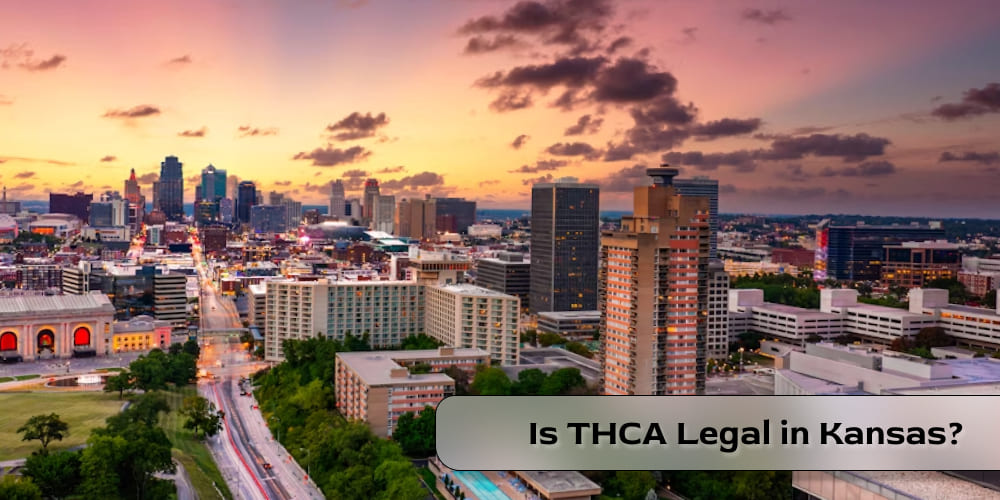
Federal Law: The Foundation of the Problem
Under the 2018 Farm Bill, hemp is legal in the United States if it contains less than 0.3% delta-9 THC by dry weight. However, federal regulators clarified that testing must account for total THC—meaning the amount of THC that could be produced if all the THCA were converted.
So while THCA may start out legally compliant, its potential to become THC makes things legally shaky—especially when states like Kansas take a stricter view.
How States Handle THCA Differently
As the cannabis industry evolves, each state has taken its own stance on THCA. Some focus strictly on delta-9 THC levels, while others regulate total THC content, including THCA.
| State | THCA Legal Status |
|---|---|
| California | ✅ Legal if hemp-derived |
| Florida | ⚠️ Legal gray area; subject to change |
| Texas | ❌ Banned |
| Colorado | ✅ Permitted |
| Kansas | ❌ Treated as a controlled substance |
In light of this variety, it’s crucial to ask: Is THCA legal in Kansas? The short answer: no—not if it can be converted into delta-9 THC.
Kansas Law: Why THCA Is Treated Like THC
Kansas remains one of the most cannabis-restrictive states in the country. There’s no medical program, no recreational use, and strict criminal penalties for possession of any form of THC.
So, is THCA legal in Kansas under current law? The state statute defines tetrahydrocannabinols broadly, including acids, salts, and derivatives. That means THCA—despite not being psychoactive on its own—is still considered illegal because of its ability to turn into THC.
Key takeaways:
- High-THCA hemp flower is not safe under Kansas law.
- Even compliant hemp may be considered illegal if THCA levels are too high.
- Police can test for “total THC,” including THCA’s conversion potential.
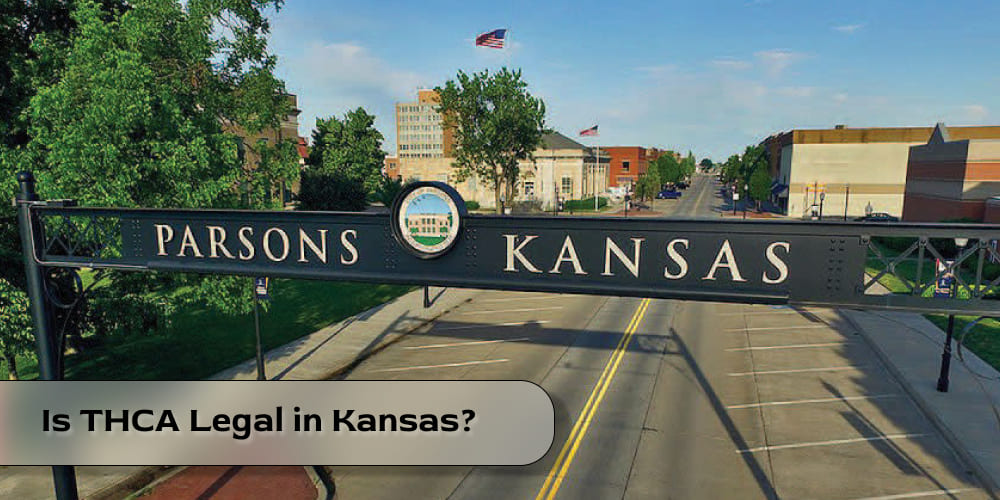
Real-World Risks for Consumers and Retailers
Understanding the answer to “Is THCA legal in Kansas?” means looking beyond theory and into what actually happens in practice.
For Sellers:
- Businesses selling THCA-rich products (even labeled as hemp) risk product seizures, fines, or even criminal charges.
- Products shipped into Kansas may be intercepted by law enforcement if they don’t meet total THC guidelines.
For Buyers:
- Ordering THCA online and shipping it to Kansas can put you at legal risk.
- Police may not differentiate between THCA and THC in enforcement.
- You could face misdemeanor or felony charges, depending on the amount and intent.
So again, is THCA legal in Kansas? Not if you plan to use, possess, or even receive it by mail.
Best Flavored THCA Vapes Texans Love
Best THCA Delivery in Santa Ana 2025
Trichomes Why Does Cannabis Produce Cannabinoids
Hemp vs. THCA in Kansas: What’s the Legal Difference?
Many people assume that if something is derived from hemp, it must be legal—especially after the 2018 Farm Bill made hemp a lawful agricultural commodity at the federal level. But when it comes to Kansas, this assumption can get consumers and retailers into serious trouble.
So how does the state draw the line between legal hemp and illegal THCA? And more importantly—is THCA legal in Kansas if it comes from hemp? Let’s clear up the confusion.
What Counts as Legal Hemp in Kansas?
In Kansas, hemp is legal, but the state follows a tightly controlled framework. Under the Kansas Department of Agriculture’s Industrial Hemp Program, the definition of hemp aligns with the federal one: cannabis with less than 0.3% delta-9 THC on a dry weight basis.
However, that’s just the beginning.
In practice, Kansas also uses “Total THC” testing. This means that lab results must calculate not just the existing delta-9 THC levels, but also the amount of THCA that could convert into THC when heated—a process known as post-decarboxylation potency.
So, even if a hemp product contains less than 0.3% delta-9 THC, it could still be illegal if it has high levels of THCA.
Why THCA from Hemp Isn’t Automatically Safe
THCA is naturally present in raw hemp and cannabis plants, especially in the flower. And while hemp-derived THCA products may appear to comply with the 2018 Farm Bill, Kansas law does not treat them the same way.
In Kansas:
- If a product is high in THCA—even if labeled “hemp”—it may be classified as a controlled substance.
- Products that could become psychoactive when heated (i.e., through smoking or vaping) are not protected by hemp laws.
- Only licensed cultivators may legally grow hemp, and all crops must pass state-approved testing before harvest.
So, is THCA legal in Kansas if it comes from hemp? No, not if it fails the total THC threshold or is intended for use in a way that could convert it into THC.
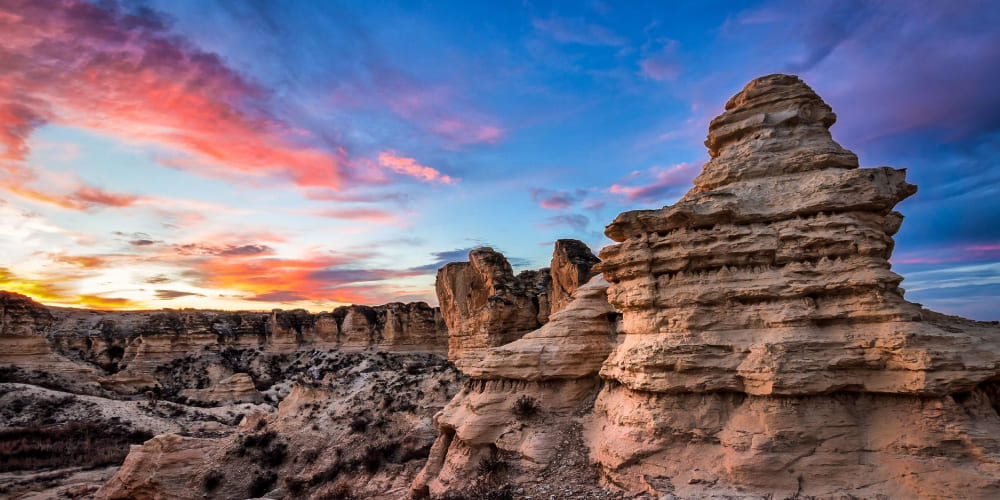
THCA Flower vs. Industrial Hemp
Let’s break it down:
| Feature | Industrial Hemp (Legal) | THCA-Rich Hemp Flower (Illegal) |
|---|---|---|
| Delta-9 THC under 0.3% | ✅ Yes | ✅ Often yes |
| High THCA content | ❌ No | ✅ Yes (commonly 15–20%+) |
| Can be smoked/vaped | ❌ Not intended for that use | ✅ Typically intended for smoking |
| Legal status in Kansas | ✅ Legal with license | ❌ Considered a controlled substance |
| Subject to seizure/confiscation | ❌ Unlikely | ✅ High risk |
Even though both may come from the Cannabis sativa L. plant, Kansas law separates them based on use, form, and potential THC content.
Don’t Let the Hemp Label Fool You
Many products sold online are advertised as “hemp-derived” THCA flower, vapes, or edibles. And while they might technically qualify as hemp under federal law, that doesn’t matter much once they cross into Kansas.
Law enforcement in Kansas focuses on:
- Total THC levels (including converted THCA),
- The intent of use (especially for inhalation),
- Whether the product was grown, tested, and sold through state-approved channels.
So if you’re thinking, “Is THCA legal in Kansas if it comes from hemp?”—the clear answer is no, at least not in the form most people use it.
Bottom Line
While industrial hemp is legal in Kansas for licensed cultivation and regulated production, high-THCA flower, even if hemp-derived, is not considered legal for sale or use in the state. Any product that could produce more than 0.3% delta-9 THC after heating crosses the line into controlled substance territory.
For Kansas residents, it’s essential to understand this legal distinction. Don’t rely on the “hemp” label alone—because when it comes to enforcement, the state isn’t looking at marketing copy. It’s looking at chemistry.Hemp vs. THCA in Kansas: What’s the Legal Difference?
Many people assume that if something is derived from hemp, it must be legal—especially after the 2018 Farm Bill made hemp a lawful agricultural commodity at the federal level. But when it comes to Kansas, this assumption can get consumers and retailers into serious trouble.
So how does the state draw the line between legal hemp and illegal THCA? And more importantly—is THCA legal in Kansas if it comes from hemp? Let’s clear up the confusion.
What Counts as Legal Hemp in Kansas?
In Kansas, hemp is legal, but the state follows a tightly controlled framework. Under the Kansas Department of Agriculture’s Industrial Hemp Program, the definition of hemp aligns with the federal one: cannabis with less than 0.3% delta-9 THC on a dry weight basis.
However, that’s just the beginning.
In practice, Kansas also uses “Total THC” testing. This means that lab results must calculate not just the existing delta-9 THC levels, but also the amount of THCA that could convert into THC when heated—a process known as post-decarboxylation potency.
So, even if a hemp product contains less than 0.3% delta-9 THC, it could still be illegal if it has high levels of THCA.
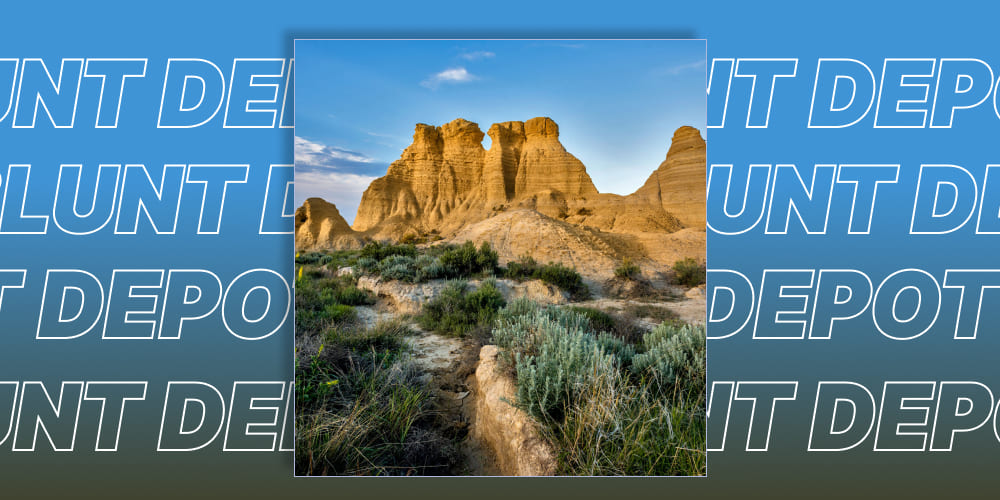
Why THCA from Hemp Isn’t Automatically Safe
THCA is naturally present in raw hemp and cannabis plants, especially in the flower. And while hemp-derived THCA products may appear to comply with the 2018 Farm Bill, Kansas law does not treat them the same way.
In Kansas:
- If a product is high in THCA—even if labeled “hemp”—it may be classified as a controlled substance.
- Products that could become psychoactive when heated (i.e., through smoking or vaping) are not protected by hemp laws.
- Only licensed cultivators may legally grow hemp, and all crops must pass state-approved testing before harvest.
So, is THCA legal in Kansas if it comes from hemp? No, not if it fails the total THC threshold or is intended for use in a way that could convert it into THC.
THCA Flower vs. Industrial Hemp
Let’s break it down:
| Feature | Industrial Hemp (Legal) | THCA-Rich Hemp Flower (Illegal) |
|---|---|---|
| Delta-9 THC under 0.3% | ✅ Yes | ✅ Often yes |
| High THCA content | ❌ No | ✅ Yes (commonly 15–20%+) |
| Can be smoked/vaped | ❌ Not intended for that use | ✅ Typically intended for smoking |
| Legal status in Kansas | ✅ Legal with license | ❌ Considered a controlled substance |
| Subject to seizure/confiscation | ❌ Unlikely | ✅ High risk |
Even though both may come from the Cannabis sativa L. plant, Kansas law separates them based on use, form, and potential THC content.
Don’t Let the Hemp Label Fool You
Many products sold online are advertised as “hemp-derived” THCA flower, vapes, or edibles. And while they might technically qualify as hemp under federal law, that doesn’t matter much once they cross into Kansas.
Law enforcement in Kansas focuses on:
- Total THC levels (including converted THCA),
- The intent of use (especially for inhalation),
- Whether the product was grown, tested, and sold through state-approved channels.
So if you’re thinking, “Is THCA legal in Kansas if it comes from hemp?”—the clear answer is no, at least not in the form most people use it.
Top 5 Indica THCa strain
Best Donkey Butter Strain 2025
THCa buds for Relaxation in 2025
Bottom Line
While industrial hemp is legal in Kansas for licensed cultivation and regulated production, high-THCA flower, even if hemp-derived, is not considered legal for sale or use in the state. Any product that could produce more than 0.3% delta-9 THC after heating crosses the line into controlled substance territory.
For Kansas residents, it’s essential to understand this legal distinction. Don’t rely on the “hemp” label alone—because when it comes to enforcement, the state isn’t looking at marketing copy. It’s looking at chemistry.
THCA in Kansas: Quick Legal Overview
| Category | Kansas Status |
|---|---|
| Is THCA legal in Kansas? | ❌ No—treated as a controlled substance |
| Is delta-9 THC legal? | ❌ Fully prohibited |
| Is hemp legal? | ✅ Yes, under strict guidelines |
| Can you ship THCA flower to Kansas? | ⚠️ Risky and not recommended |
| Medical cannabis available? | ❌ No program in place |
| Possession penalties? | ✅ Criminal charges possible |
FAQ: Is THCA Legal in Kansas?
Is THCA legal in Kansas in 2025?
No, THCA is not legal. Even though it’s non-psychoactive by itself, Kansas classifies it as a controlled substance due to its ability to turn into THC.
Can you legally order THCA flower from another state?
You can place the order—but if it’s intercepted or tested upon arrival in Kansas, you could be liable. It’s legally risky and not advised.
Does it matter if THCA is hemp-derived?
Yes—and no. Even if derived from legal hemp, if the THCA concentration is high enough to exceed THC limits after decarboxylation, it is not legal in Kansas.
What happens if I’m caught with THCA in Kansas?
You could face charges for possession of a controlled substance. Penalties range from misdemeanors to felonies based on quantity and circumstances.
So, Is THCA Legal in Kansas? Here’s the Bottom Line
THCA might be federally legal if derived from hemp—but Kansas doesn’t follow federal definitions when it comes to cannabis enforcement. The state uses a total THC rule that includes THCA’s potential to convert into delta-9 THC.
So, is THCA legal in Kansas in 2025? Absolutely not—not in any meaningful, risk-free way.
If you’re living in Kansas or shipping products into the state, it’s best to steer clear of THCA until the law changes. The consequences simply aren’t worth the gamble.
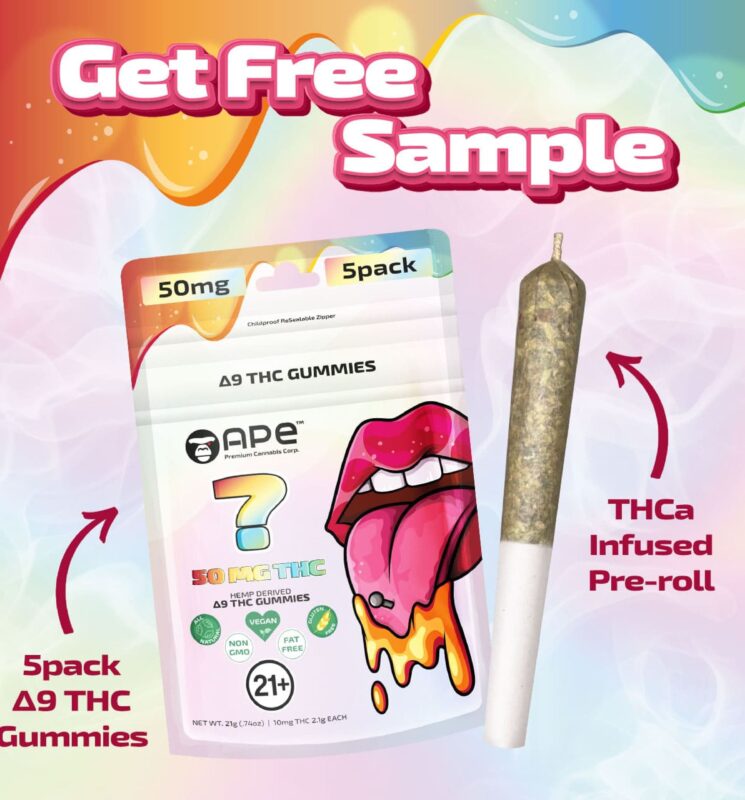
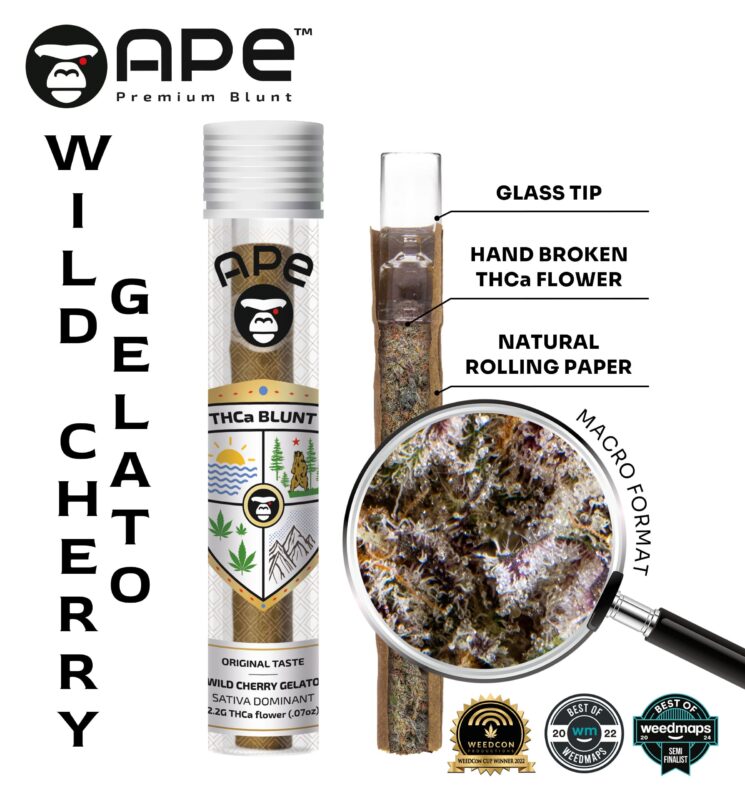
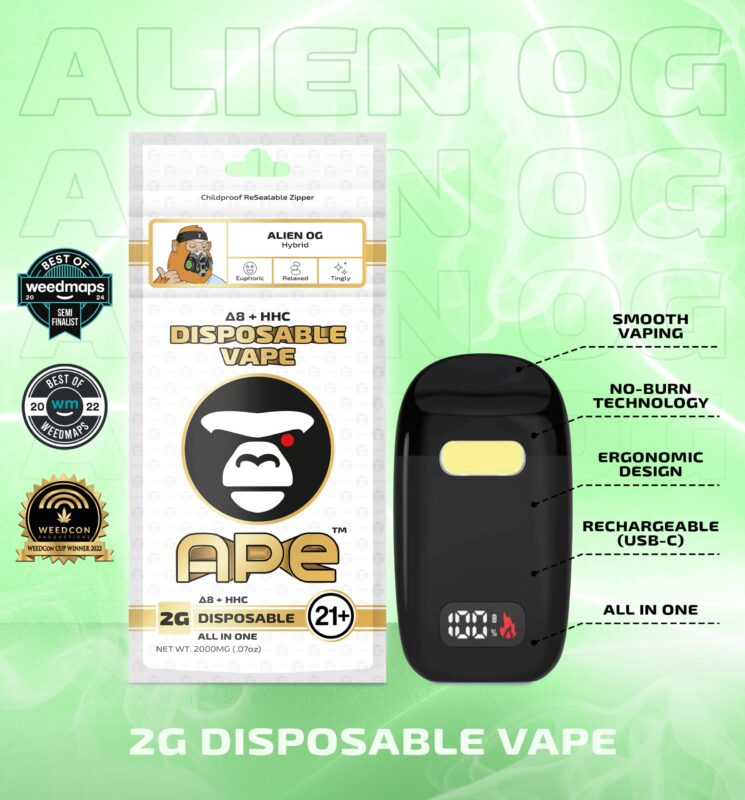
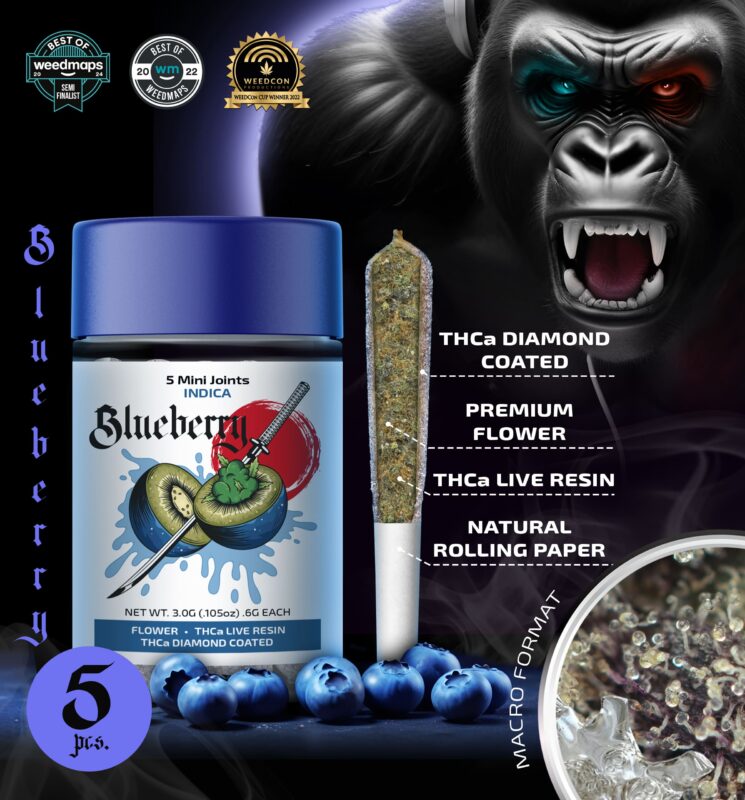
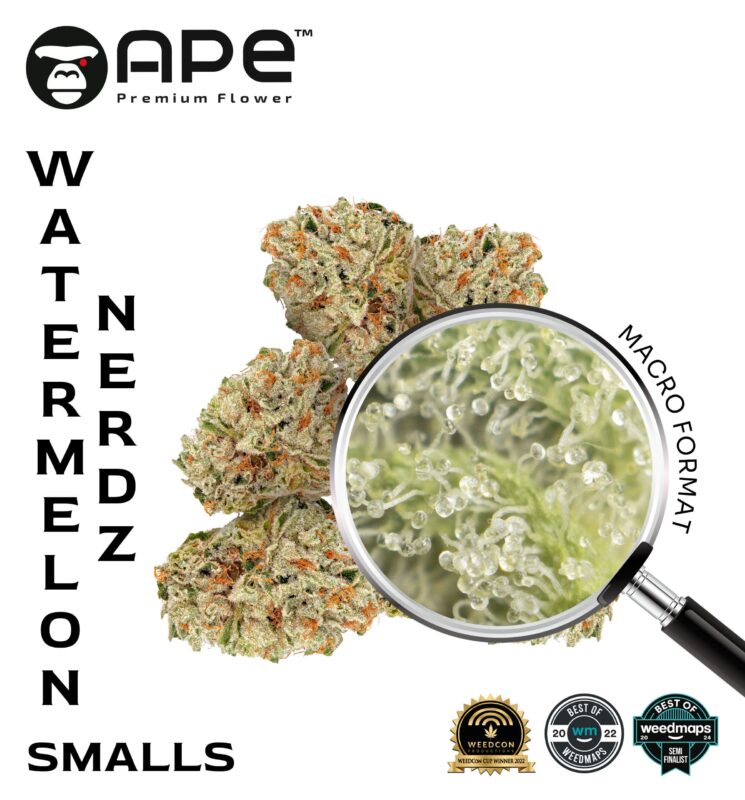
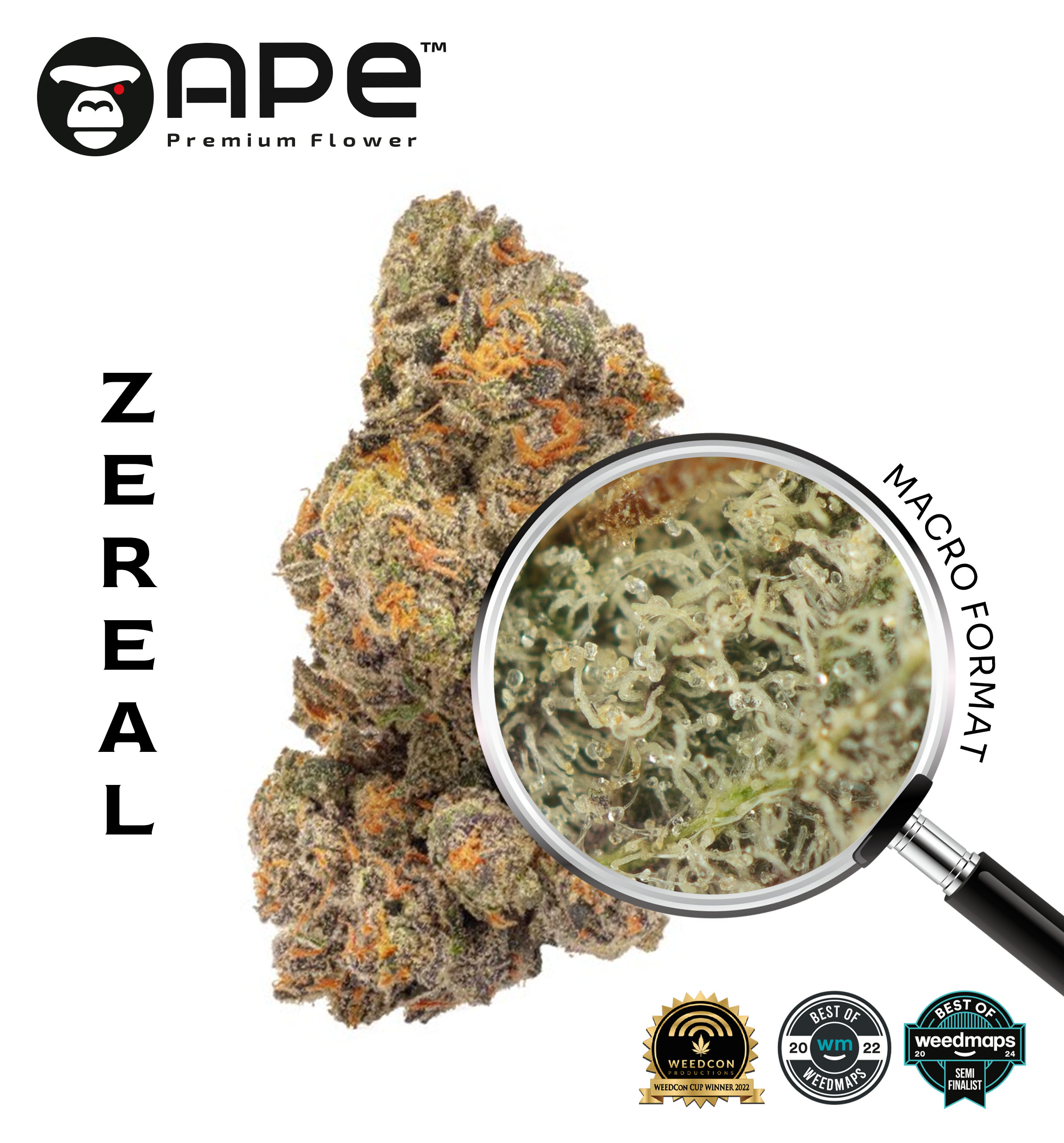


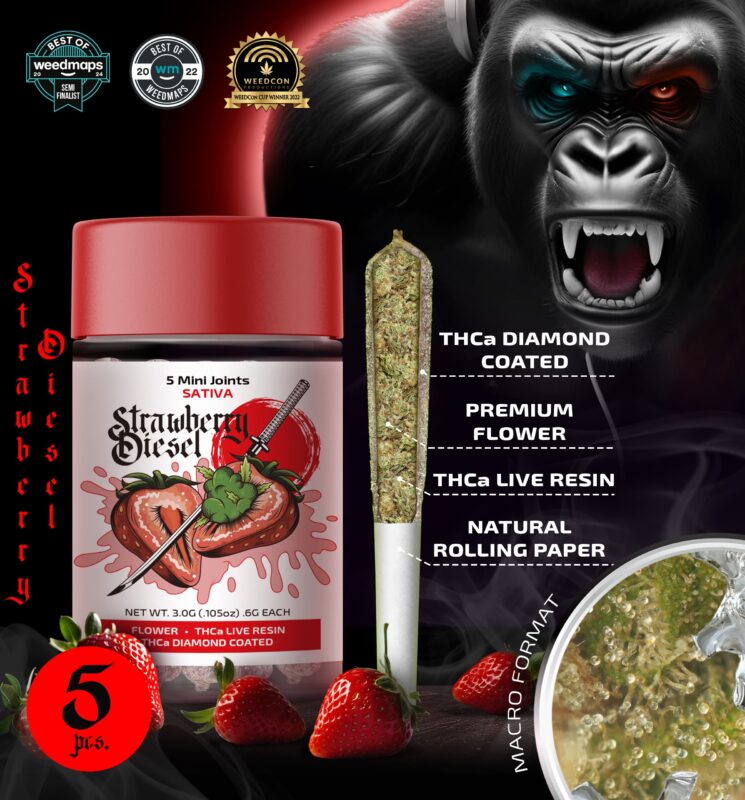
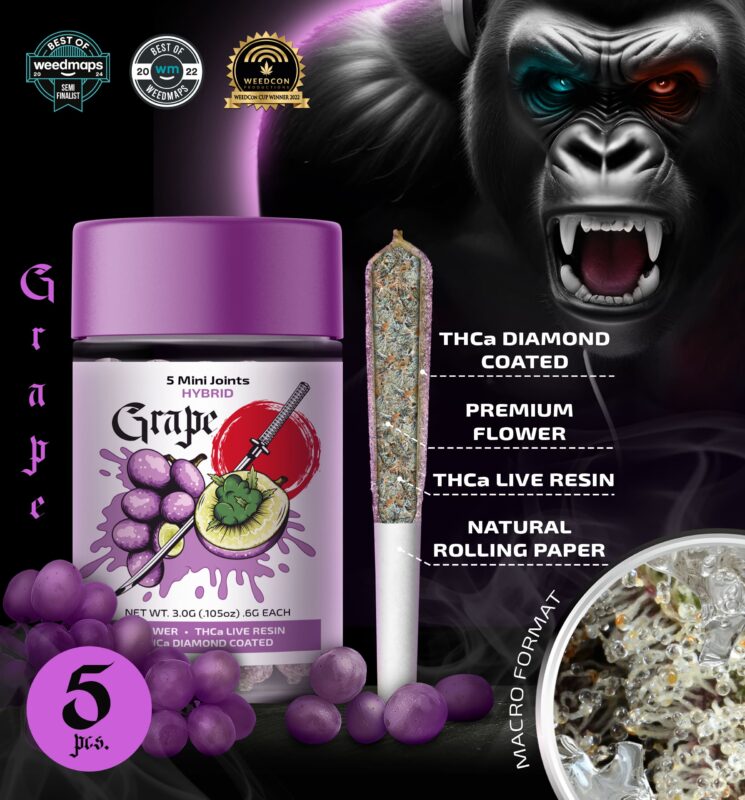
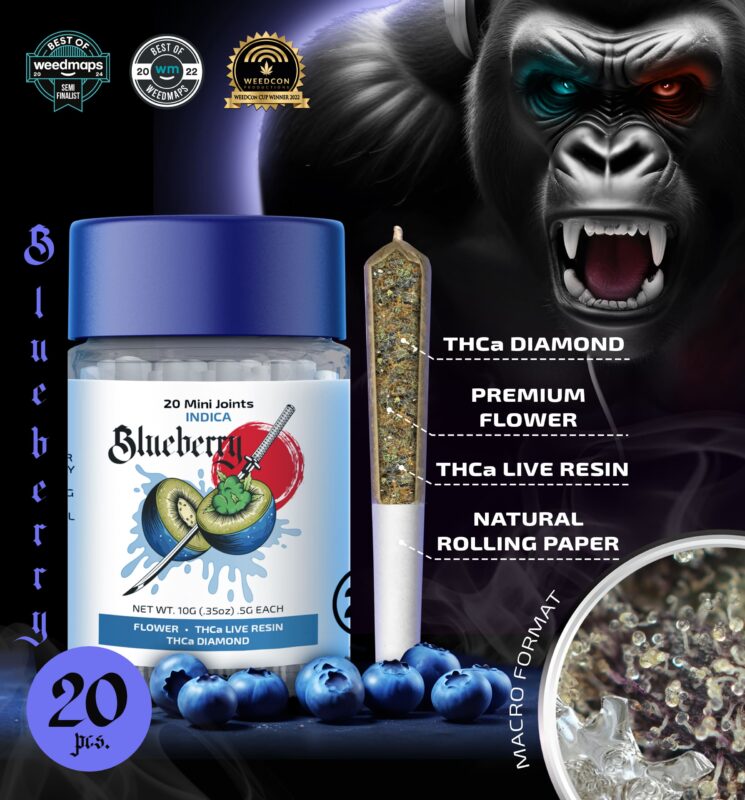
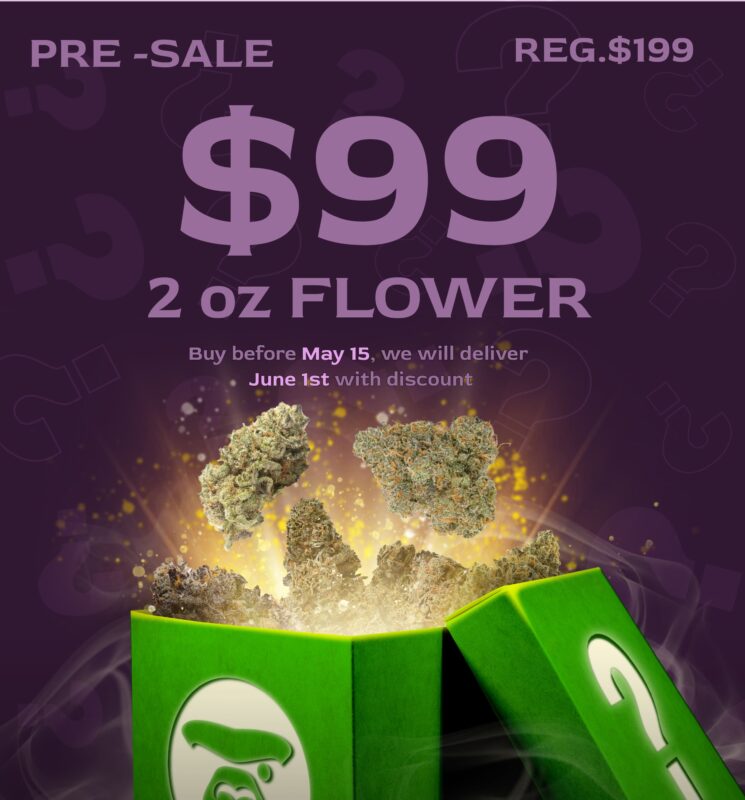

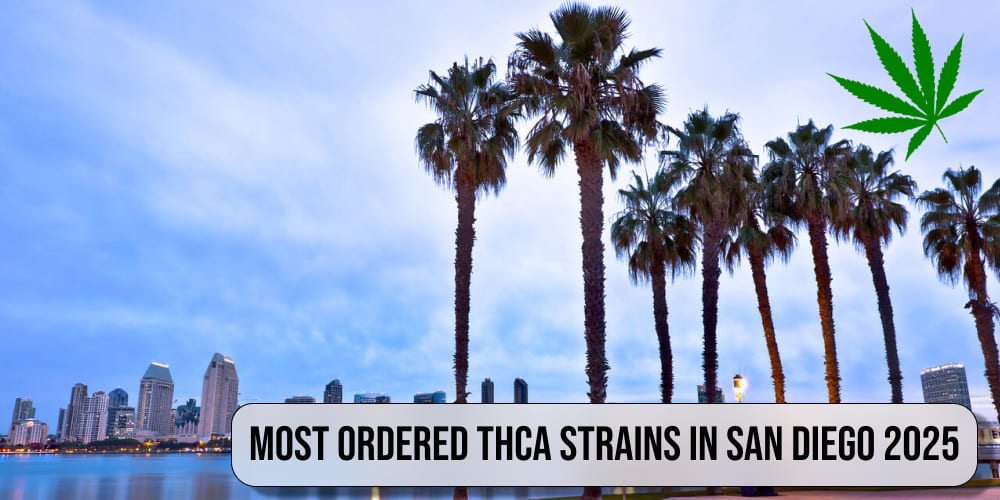
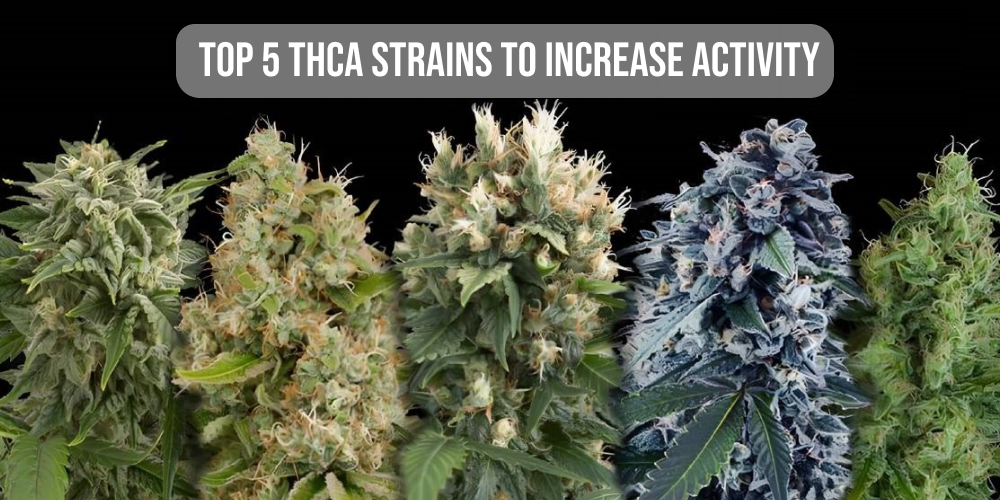
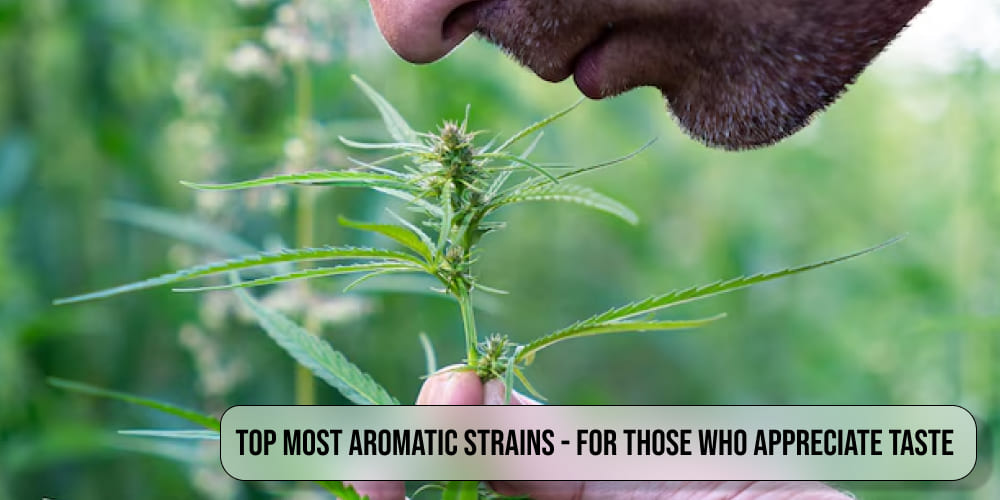
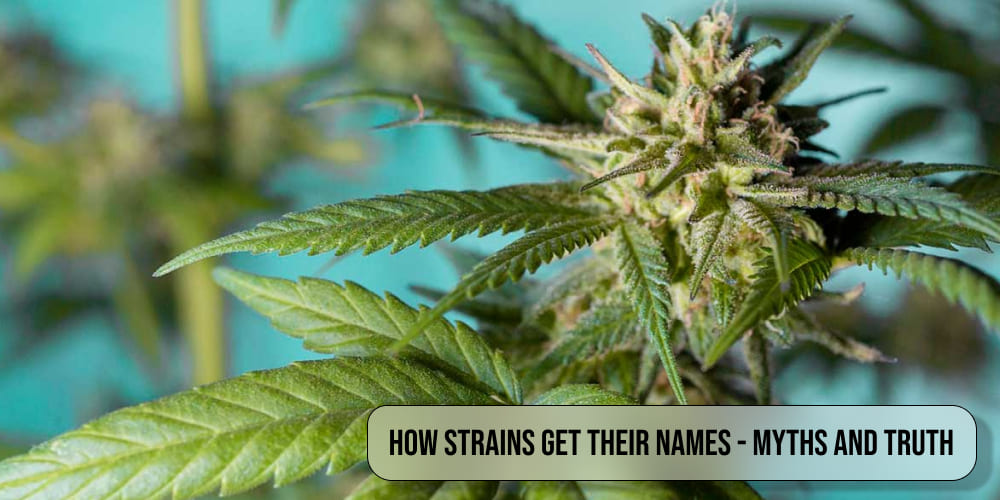
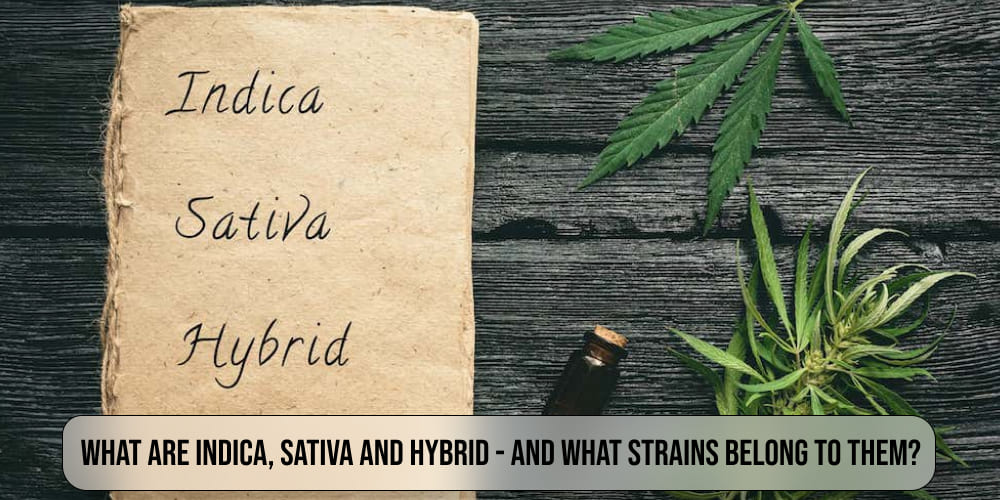
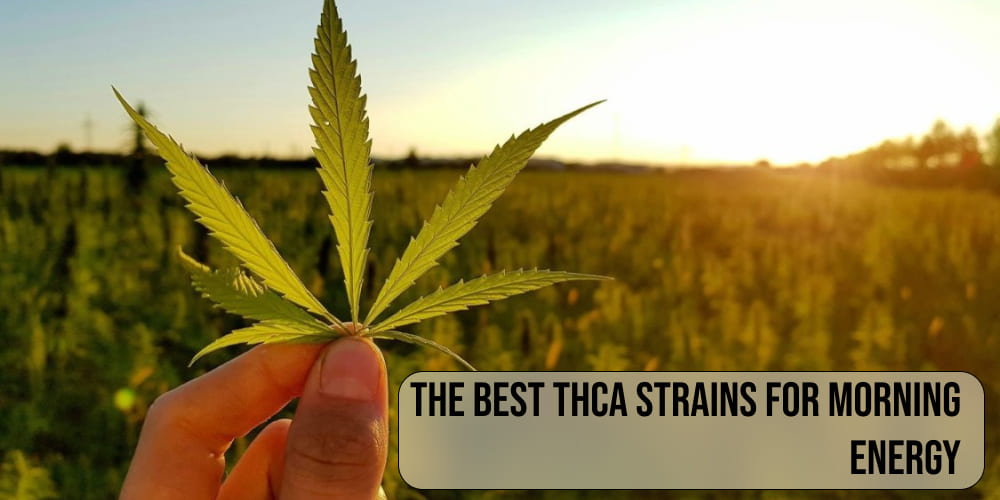

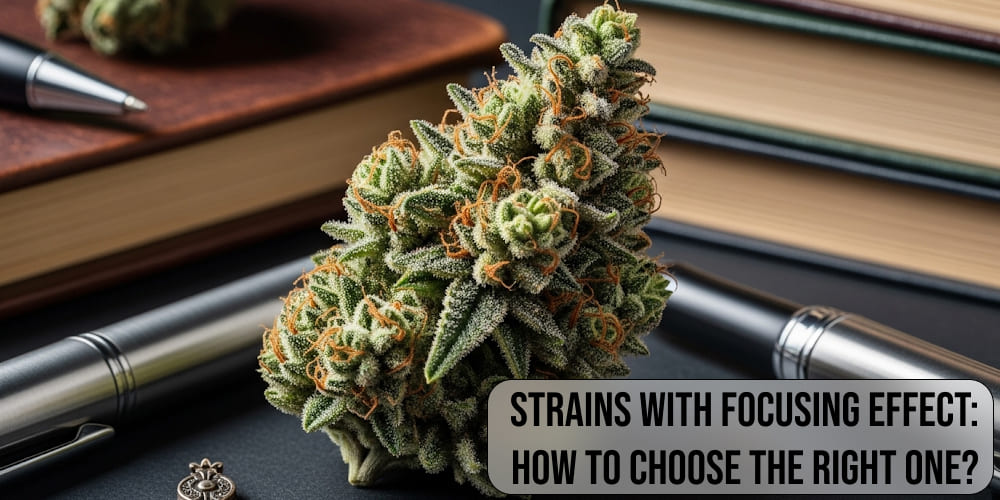
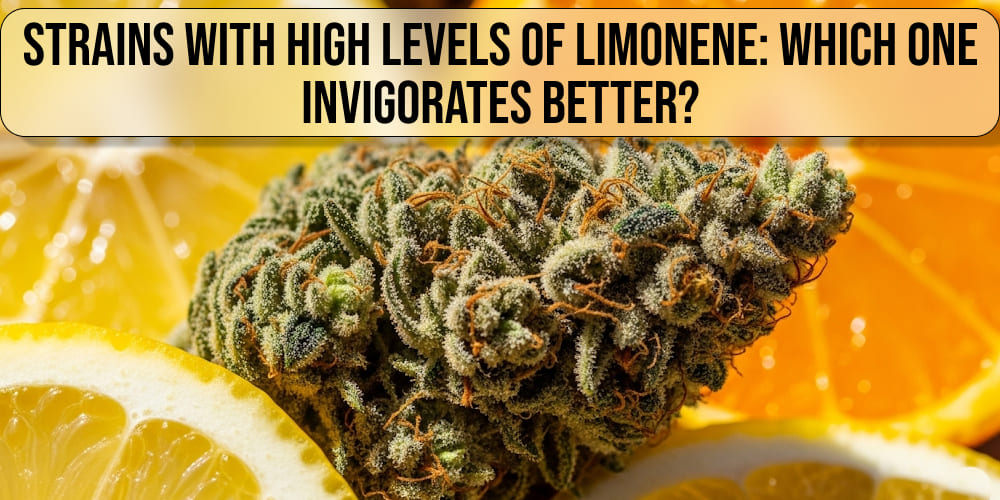
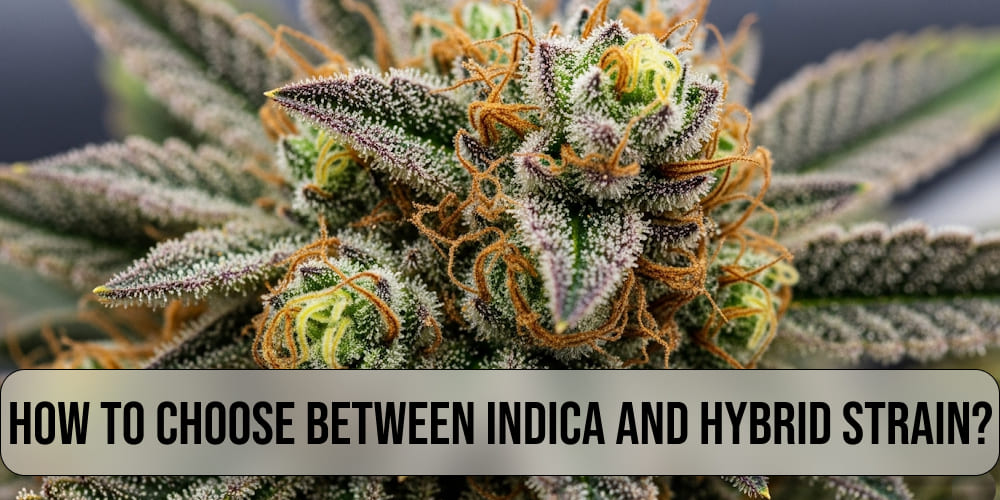
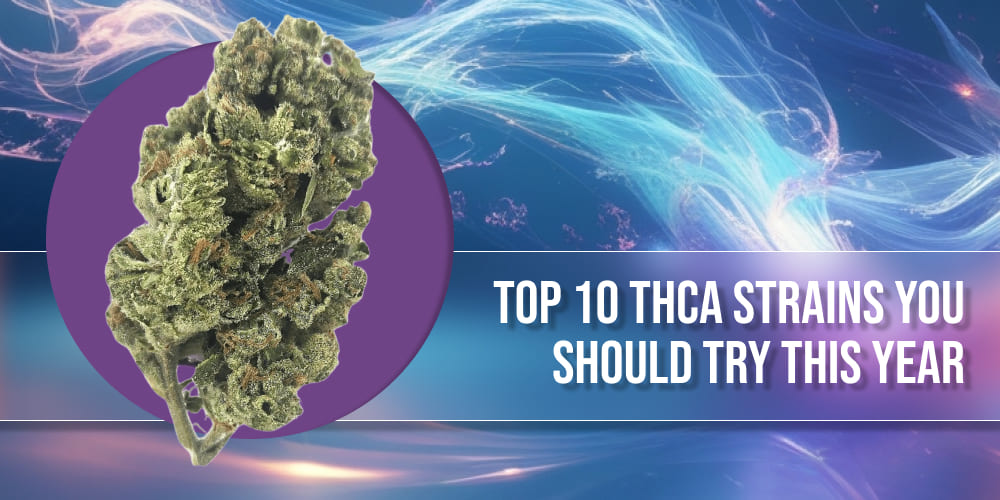
Wow, didn’t know Kansas had such a strict take on THCA. Makes me wonder if it’s even safe to carry hemp gummies around here?